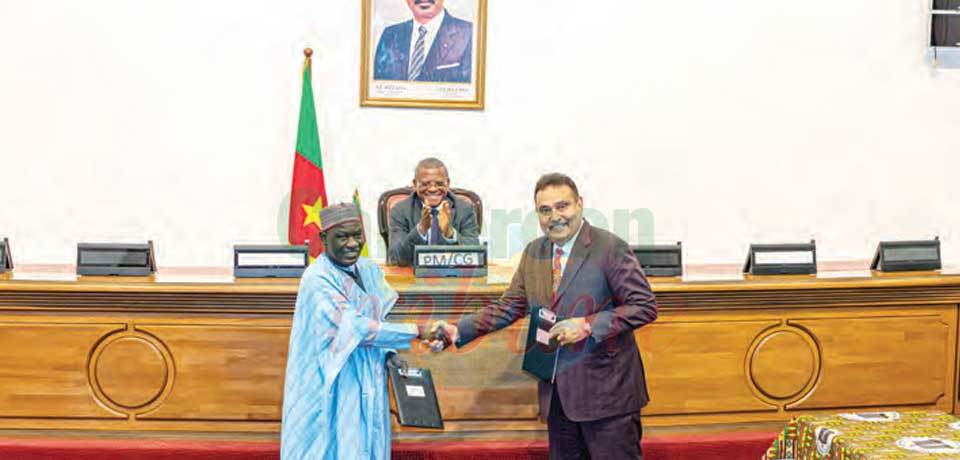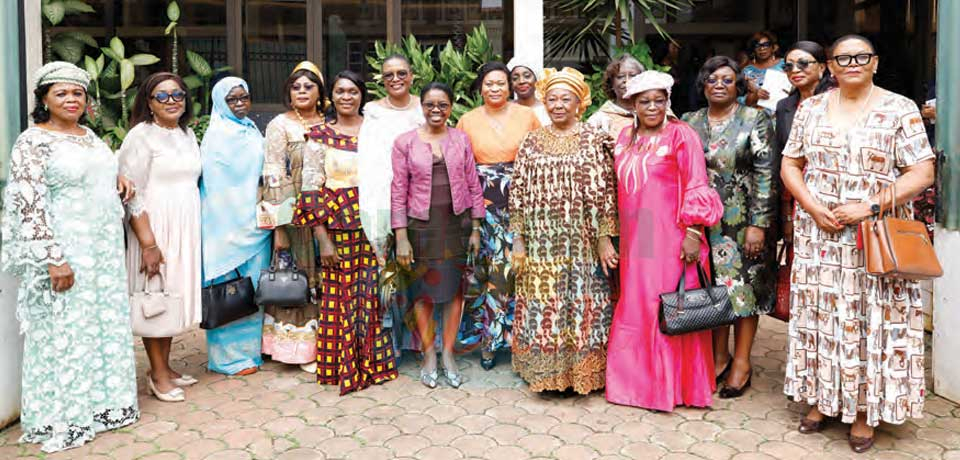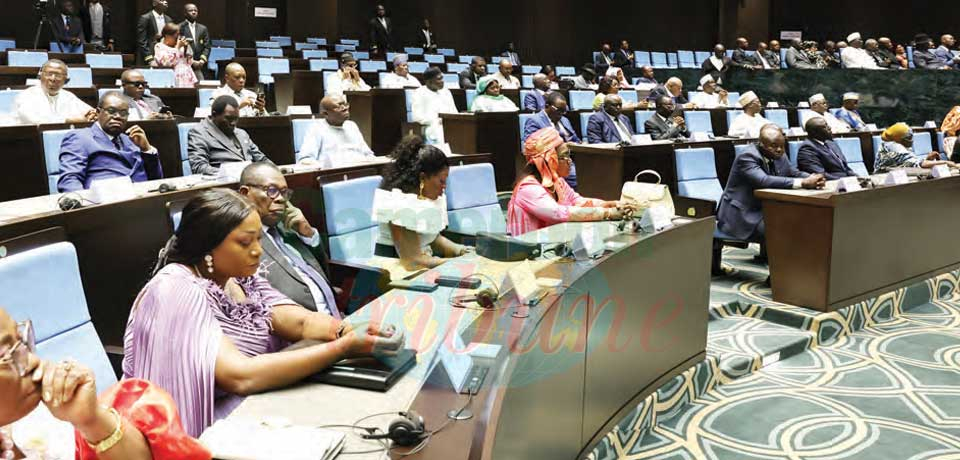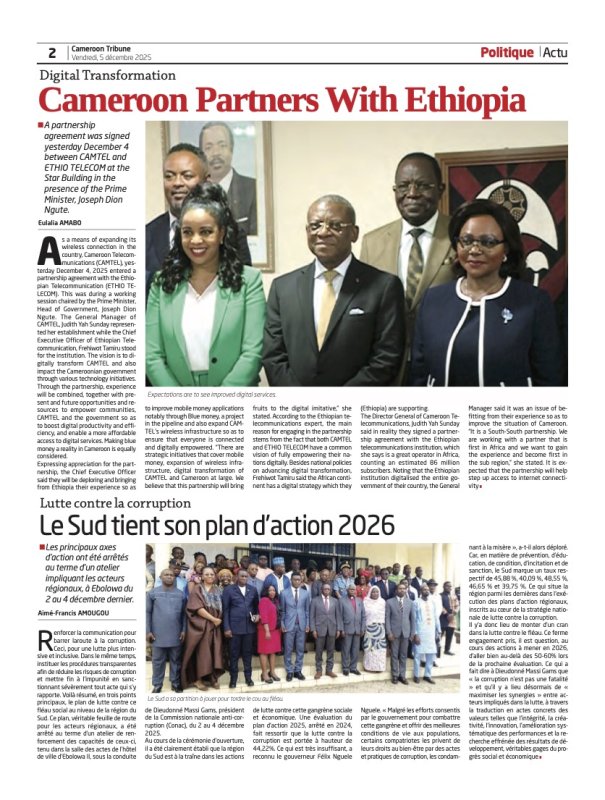Cameroon-UNESCO: Growing, Multidimensional Cooperation
- Par Emmanuel
- 07 Feb 2022 16:15
- 0 Likes
The visit of the Director General of the United Nations Educational, Scientific and Cultural Organisation (UNESCO), Audrey Azoulay is an opportunity to consolidate the cooperation.
The United Nations Educational, Scientific and Cultural Organisation (UNESCO) has been leaving indelible impact in Cameroon as a nation and impacting the lives of citizens. One of the greatest signs of trust the UN structure has for Cameroon is the fact that the country hosts the UNESCO Regional office for Central Africa with covers 10 countries. With particular attention to the security crisis-affected regions, since 2019, two sub-offices for the North West and South West Regions are operational in Bamenda and Buea respectively and that of Maroua will soon be completed. Concerning the North West and South West Regions, UNESCO has been supporting access to quality education and psychosocial support for children affected by the conflict.
Cameroon’s First Lady, Mrs Chantal Biya was a nominated UNESCO Goodwill Ambassador on November 14, 2008 for her commitment to the fight against social exclusion through the promotion of inclusive education for the most vulnerable. She also received the UNESCO Marie Curie Silver Medal in 2006 in recognition of her commitment to the fight against HIV/AIDS. Other Cameroonians have also been promoted in UNESCO. Lazare Eloundou Assomo was appointed by the UNESCO Director General as the Director of the World Heritage Centre on December 6, 2021. He is the first African to occupy the position. Another Cameroonian, Barthelemy Togouo was nominated UNESCO Artist for Peace (2021-2023) because of his works on Cameroonian culture through the “Bandjoun Station.”
In the educational domain, and specifically in response to the Covid-19 pandemic, UNESCO through the Global Coalition for Education has been supporting the establishment of distance education in Cameroon. Cameroon is the first country in the Central African region to have put up more than 1,000 courses online. Within the framework of the Programme "Our Rights, Our Lives, Our Future”, UNESCO between the period 2018-2022 is providing funds that targets more than 210,000 teachers, 604 million students, 23,690 schools, more than 620,000 out-of-school youth, as well as p...
Cet article complet est réservé aux abonnés
Déjà abonné ? Identifiez-vous >
Accédez en illimité à Cameroon Tribune Digital à partir de 26250 FCFA
Je M'abonne1 minute suffit pour vous abonner à Cameroon Tribune Digital !
- Votre numéro spécial cameroon-tribune en version numérique
- Des encarts
- Des appels d'offres exclusives
- D'avant-première (accès 24h avant la publication)
- Des éditions consultables sur tous supports (smartphone, tablettes, PC)














Commentaires